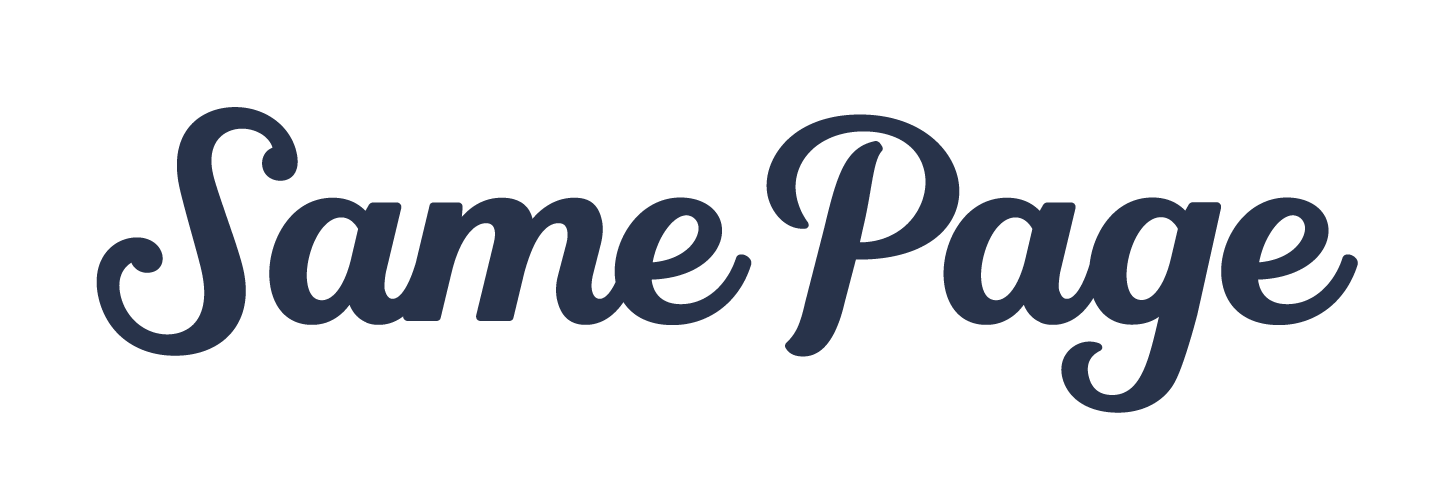Being Open-Minded in the Age of Open-AI
I will never forget my first brush with the magic of the Internet.
It was 1992 and I was sleeping over at a neighbor’s house. We had torn through our Blockbuster movie rentals for the evening and were idly playing his Sega Genesis, when my friend said, “Hey, wanna see something really cool?”
He fired up his parent’s computer and clicked on something called “America Online”. After a few seconds there was a sound unlike anything I had ever heard, then suddenly the screen lit up with a wall of crowded text and images that illuminated our faces in the darkness of the family room where we had rolled out our sleeping bags.
My friend clicked on the “Sports” header and the screen changed once again.
“Check it out,” he said. “The Braves are beating the Pirates 3-1.”
At first I didn’t comprehend what he was saying. It seemed as if he was suggesting the score I was seeing on the screen was the score of the game our hometown team was engaged in at that very moment, but that was impossible.
I ran over to the television and turned the game on. Sure enough the score was 3-1. We watched until the Braves scored again then ran back over to the computer. Within seconds the score on the screen changed to 4-1.
Live scores? Beamed directly onto the family computer? What was this sorcery?
Looking back on this incident, a few things jump out at me, not the least of which is that I'm old. I also realize how trivial this experience must seem to anyone who grew up with the Internet. Today there is a device in virtually every room of my house that can deliver the same “magic” should my kids wish to check a sports score.
But what sticks with me most from seeing that score change was the bewildering mix of feelings—a sudden realization that the Internet was going to change everything, but an inability to imagine the specifics of how. This perplexity was due in part to the fact that I was only 12 years old, but also because the Internet would change the future in ways no one could predict.
I’ve thought a lot about that moment recently because I’ve been feeling something similar when experimenting with the artificial intelligence technology that is suddenly at our fingertips.
Here’s one instance: Last week, a client asked me to review and compare three different health insurance plans. You’ve probably never read an entire insurance plan document and I don’t suggest you ever do—they are dense, technical, and excruciatingly boring. In an attempt make things a little easier on myself, I loaded all of the plan documents into ChatGPT, the free-to-use AI-powered chatbot you’ve likely heard about. I then asked it to write a summary that explained the differences between the policies.
Within seconds, ChatGPT had distilled the plans into clear, comprehensible terms, added a table that listed the pros and cons of each, and made a final recommendation. The writing was a bit dry, so I fed it some of my own writing and asked it to rewrite the summary in my voice and tone.
The end result was mind-blowing. While I still had to review the entire document and make some light edits, this was mostly out of personal pride and a desire to not feel completely obsolete. The document that AI created for me in less than five minutes was 97% of what I would’ve created myself had I spent an entire day poring over the plans and writing the summary.
Unlike the previous technological advances that promised to be as important as the Internet—virtual reality, cryptocurrency, the Segway—AI seems like it might actually be as big of a deal.
This begs the question: What will the role of humans be in a workplace where AI can perform tasks better and more efficiently than us?
Or, to put it more bluntly: Am I going to get replaced by a robot?
Despite the sudden proliferation of “AI experts” that claim to have the answers, I believe the only thing we can be absolutely certain of is the fact that the future is unpredictable. Even proclamations like “AI can’t reason or empathize like humans” may someday sound foolish.
AI will likely change every industry, just like the Internet did. Some jobs will disappear, some will change, and some new ones will be created. But I don’t believe anyone can tell you exactly what will happen to your career or how to “AI-proof” your job.
The threat of technology displacing human labor is nothing new and fear is a normal reaction—but I think its the wrong one.
In the face of uncertainty, the single best action you can take is to remain open-minded.
Open-mindedness is a survival skill. It's what allows us to learn from other people (and machines), adapt to new situations, and collaborate with different perspectives. It's what makes us human.
Instead of fear, embrace curiosity. Channel your inner 12-year-old and allow yourself to be awed by AI, rather than threatened by it.
AI is here to stay. The only way to keep up is by being curious about what it can do for us—and with us.
· · ·
Working Theories is published weekly. Sign up here to get it delivered directly to your inbox.
